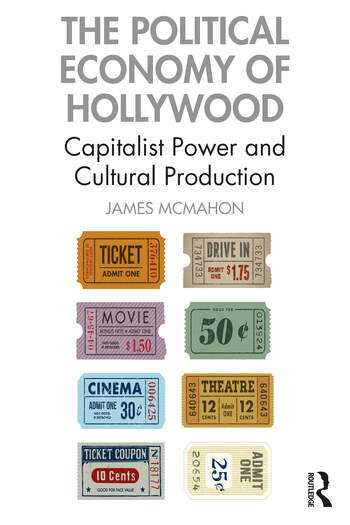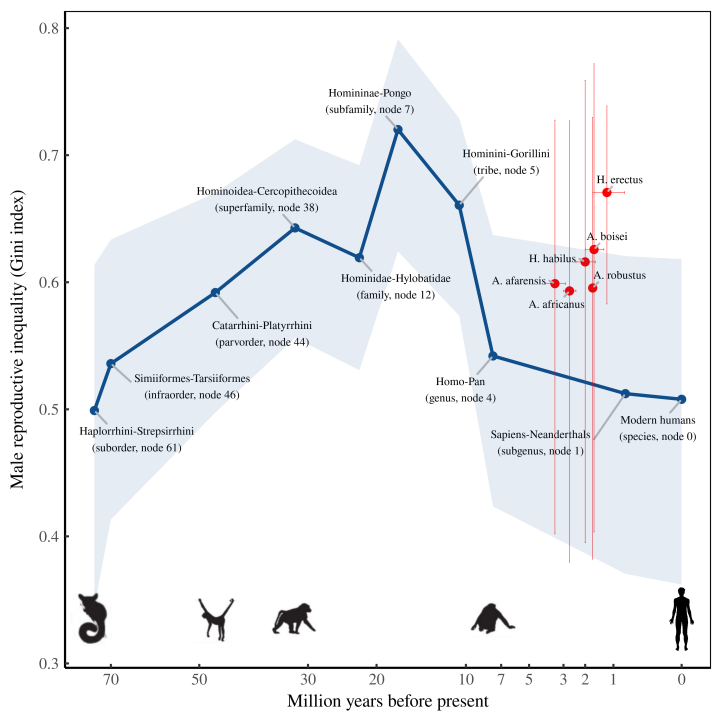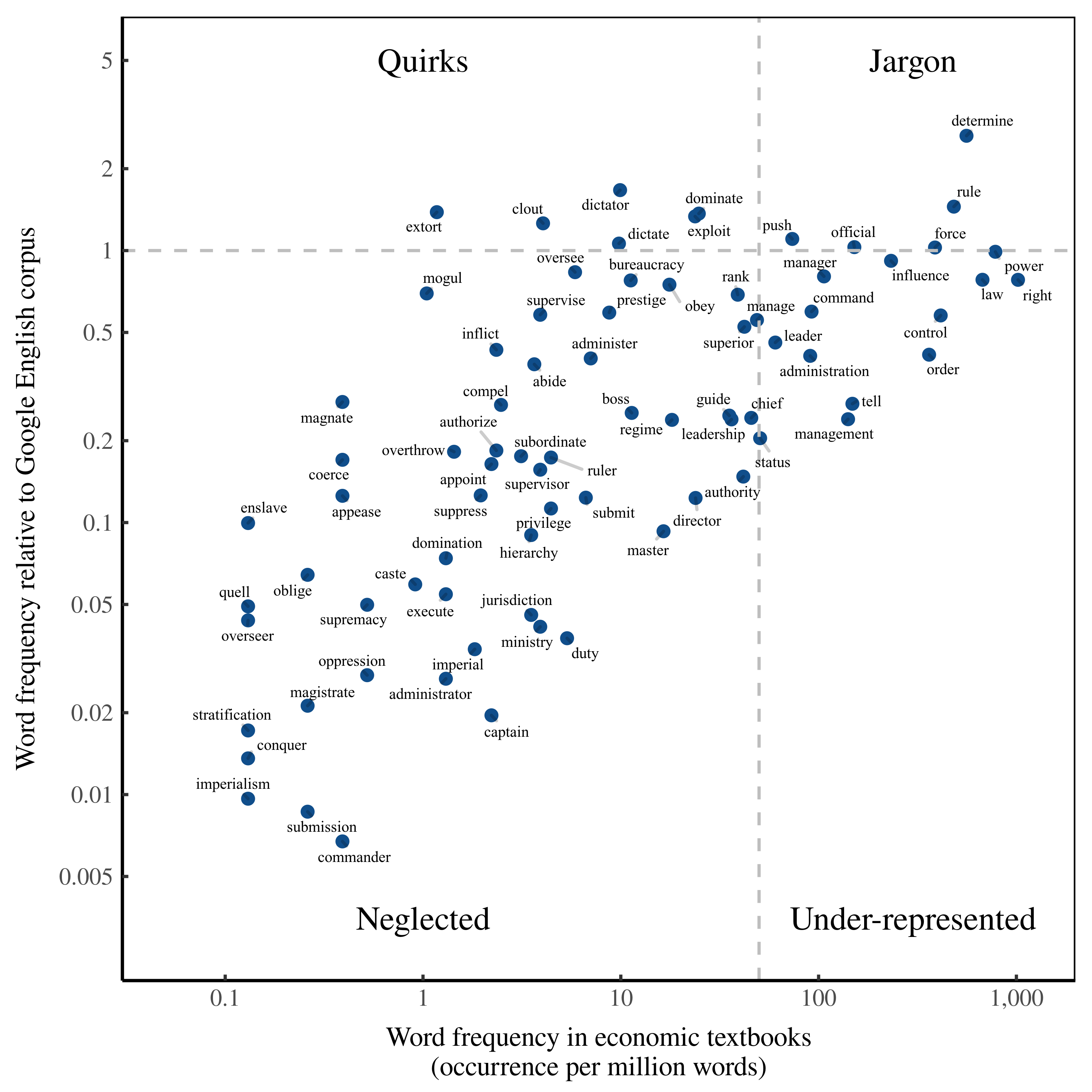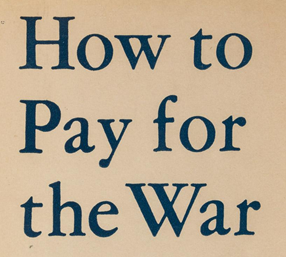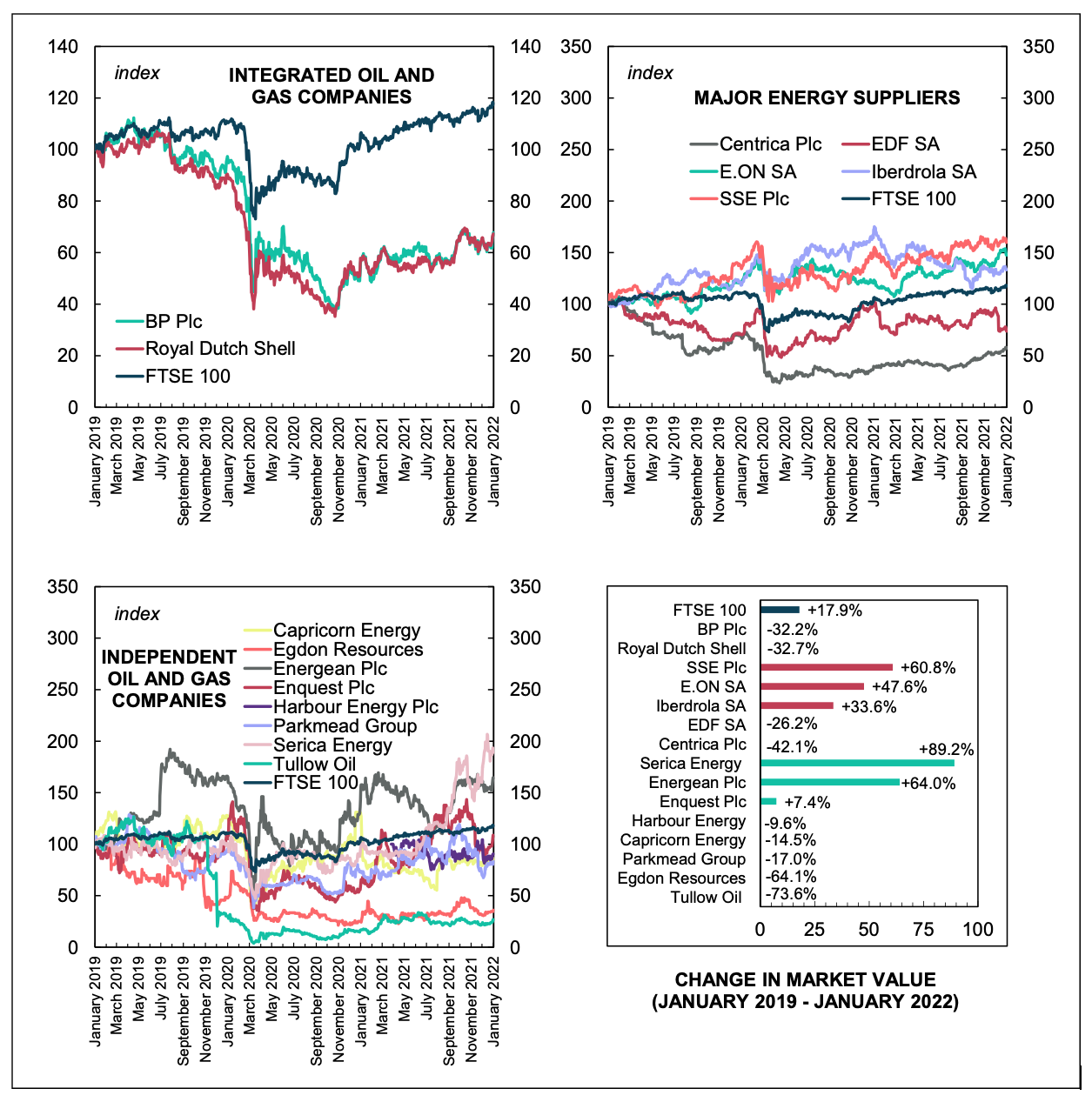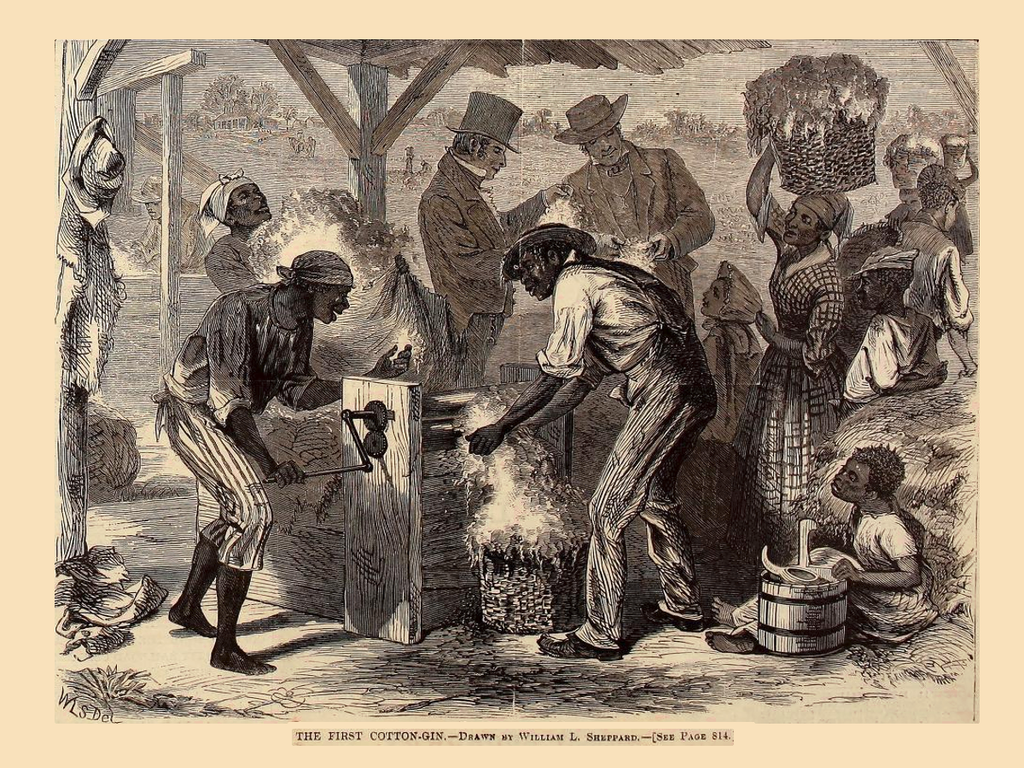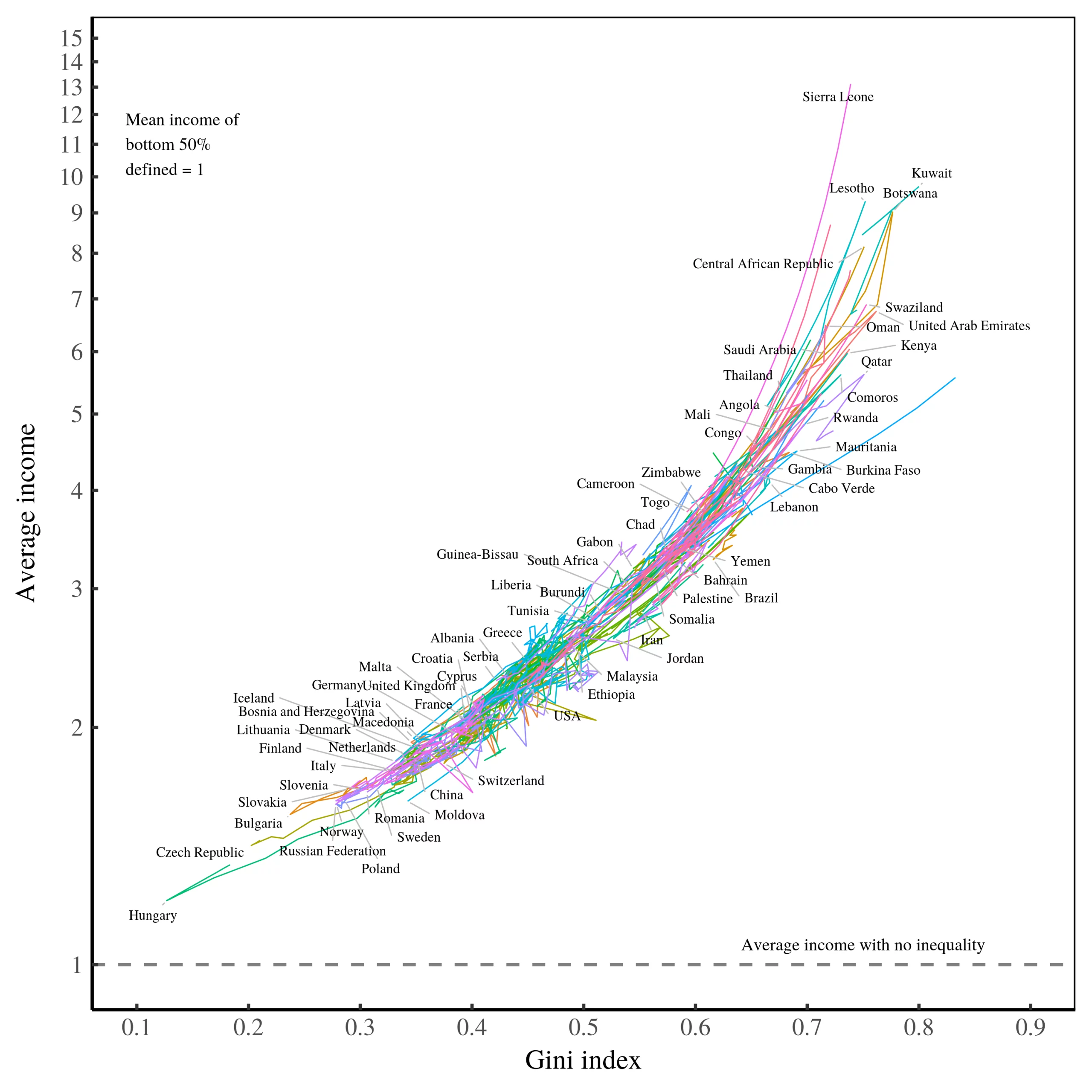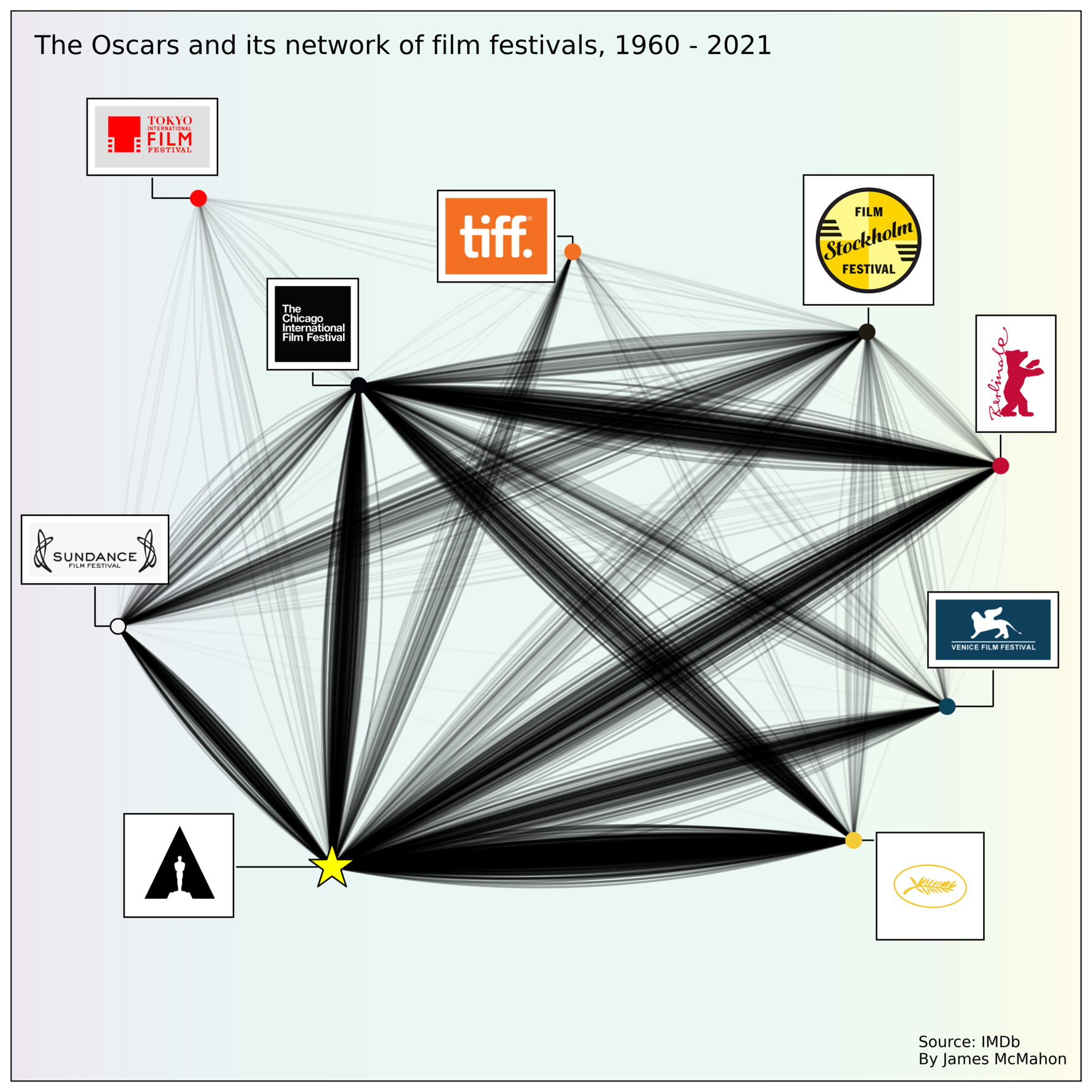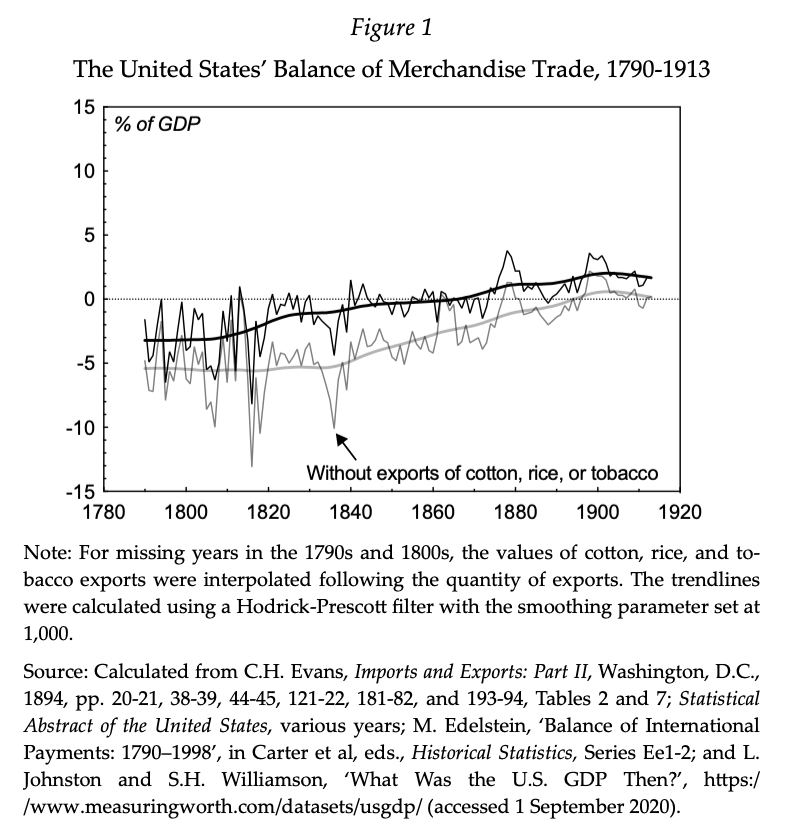Abstract In Hollywood, the goals of art and business are entangled. Directors, writers, actors, and idealistic producers aspire to make the best films possible. These aspirations often interact with the dominant firms that control Hollywood film distribution. This control of distribution is crucial as it enables the firms and other large businesses involved, such as […]
Continue ReadingThe Deep History of Human Inequality
Originally published at Economics from the Top Down Blair Fix Man is born free, yet he is everywhere in chains. — Jean-Jacques Rousseau, 1762 In his epic 18th-century treatise Discourse on Inequality, Jean-Jacques Rousseau argued that inequality is an ill of civilization, created by private property. If you roll back the clock on civilization, he […]
Continue ReadingFord patents plutocratic lane-changes
Originally published at pluralistic.net Cory Doctorow In my 2017 novel WALKAWAY, there’s a scene where the protagonists get into a self-driving car owned by a ruthless plutocrat, only to discover that it moves faster than any other vehicle they’ve ever ridden. https://craphound.com/category/walkaway/ The plute explains that he’s done an illegal mod that lets him override […]
Continue ReadingPower … and the Dialect of Economics
Originally published at Economics from the Top Down Blair Fix A few months ago, I went down a rabbit hole analyzing word frequency in economics textbooks. Henry Leveson-Gower, editor of The Mint Magazine, thought the results were interesting and asked me to write up a short piece. The Mint article is now up, and is […]
Continue ReadingGoogle’s monopoly rigged the ad market
Originally published at pluralistic.net Cory Doctorow The quest to bring antitrust law to bear against tech companies is finally paying off, but it’s been a long, hard slog. At the vanguard have been two legal scholars: Columbia law’s Lina M Khan linamkhan and Yale’s Dina Srinivasan. The first watershed moment was Khan’s Jan 2017 Yale […]
Continue ReadingWhy Are Most Textbooks Still Proprietary?
Originally published at Economics from the Top Down Blair Fix Today a rant about textbooks. Every year governments spend billions of dollars on public education, teaching students knowledge that was itself created by publicly funded research. Yet each year, university students must pay anew for this information by purchasing high-priced textbooks. It needn’t be this […]
Continue ReadingDo all roads lead to the Oscars? Part II
Originally published at notes on cinema James McMahon We ended the last post with a scenario of someone dreaming of their film going all the way to the Academy Awards. But I also waved away any dreamy smoke that clouds our imaginations about this outcome. As was shown in Figure 5, which is pictured below, […]
Continue ReadingThe birth of capitalized credit money is inextricably bound with war
Jonathan Nitzan and Shimshon Bichler Originally published on Twitter During the twilight of feudalism, wars, whose cost soared in tandem with their material scope and unit price, were the most financially demanding expenses. Changing military technologies, beginning with the crusades and continuing with the Hundred Years War, made it increasingly necessary to rely on hired […]
Continue ReadingSlavery, the Development of the United States, and the Case for Reparations
Originally published at joefrancis.info Joe Francis In a new working paper I outline how slavery contributed to the development of the United States before the Civil War. The paper is called ‘King Cotton, the Munificent’ because I argue that slavery benefitted the free society of the North. In a nutshell, I argue that slaves were […]
Continue ReadingAmazon says only corporations own property
Originally published at pluralistic.net Cory Doctorow If you visit Amazon’s Prime Video homepage, you’ll see that the title of that page is “Rent or Buy: Prime Video.” There’s a plain-language meaning of “buy” that most of us understand, but Amazon says we’re wrong. https://www.amazon.com/rent-or-buy-amazon-video/ Amanda Caudel is a Prime user who brought suit against Amazon […]
Continue ReadingEnergizing Exchange: Learning from Econophysics’ Mistakes
Originally published at Economics from the Top Down Blair Fix Let’s talk econophysics. If you’re not familiar, ‘econophysics’ is an attempt to understand economic phenomena (like the distribution of income) using the tools of statistical mechanics. The field has been around for a few decades, but has received little attention from mainstream economists. I think […]
Continue ReadingNew Briefing – Drilling Down: UK Oil and Gas Financial Performance
Originally published at sbhager.com Sandy Brian Hager Joseph Baines and I have a new briefing with Common Wealth examining the financial performance of UK oil and gas producers and energy suppliers. Some of the key findings include: The two UK-headquartered supermajors – BP and Royal Dutch Shell – have remained profitable over the past decade, […]
Continue ReadingCotton and Slavery in Antebellum America
Originally published at joefrancis.info Joe Francis The dominant view among economic historians is that American slavery was an unnecessary evil: nothing good came of it for the development of the United States after independence. Even if some reluctantly accept that the boom in cotton production may have had some benefits for Antebellum America, they argue […]
Continue ReadingBill Gates’s monopolistic mask-off moment
Originally published at pluralistic.net Cory Doctorow Don’t let the sweater-vests and the (dilettantish) “education reform” work fool you: Bill Gates made his fortune through sheer robber-baronry, presiding over a vicious monopolist that shattered the law in its greedy quest for billions and permanent, global dominance. Microsoft’s illegal conduct was so blatant, persistent and obviously wicked […]
Continue ReadingRadically Progressive Degrowth: Reducing Resource Use by Eliminating Inequality
Originally published at Economics from the Top Down Blair Fix Pity the billionaires. High in the towers on Billionaires’ Row, life is hard. The pencil-thin buildings groan as they sway in the wind, keeping penthouse dwellers up at night. Water pipes break, ruining posh décor. And elevators are unreliable, interrupting billionaires’ highly productive lives. So […]
Continue ReadingDo all roads lead to the Oscars? Part I
Originally published at notes on cinema James McMahon Sitting through the Academy Awards ceremony can be frustrating if you watch a lot of films. The breadth of your viewings has given you the perspective to see how some very good films are either receiving small numbers of nominations or are outright ignored across all categories. […]
Continue ReadingWithout Slavery in the United States, Would California Still Be in Mexico?
Originally published at joefrancis.info Joe Francis Unless you are Mexican, it is easy to forget that California was not always in the United States, having been a part of Mexico until the Mexican-American War of 1846-48, after which it was annexed. Slavery had much to do with the origins of that war, since white settlers […]
Continue ReadingQuantifying the meritocratic delusion
Originally published at pluralistic.net Cory Doctorow Our societal narratives are invisible by dint of their ubiquity, but they are far more important in stabilizing the status quo that all the cops and jails and domestic surveillance agencies put together. Take inequality: when a few have much, and the many have little, the primary means of […]
Continue ReadingFix, ‘Das Ritual der Kapitalisierung (The Ritual of Capitalization)’
Abstract Wenn man genau hinhört, kann man zuhören, wie Jeff Bezos immer reicher wird. Da ist es schon wieder, dieses Geräusch. Eine weitere Milliarde in Bezos‘ Kassen. Lassen Sie uns diesen Klang des Geldes mit ein paar Zahlen belegen. Seit 2017 ist das Nettovermögen von Bezos um etwa 4 Millionen Dollar pro Stunde gewachsen – […]
Continue ReadingBaines & Hager, ‘From Passive Owners to Planet Savers? Asset Managers, Carbon Majors and the Limits of Sustainable Finance’
Abstract This article examines the role of the Big Three asset management firms — BlackRock, Vanguard and State Street — in corporate environmental governance. Specifically, it charts the Big Three’s relationships with the public–owned Carbon Majors: a small group of fossil fuels, cement and mining companies responsible for the bulk of industrial greenhouse gas emissions. […]
Continue Reading
